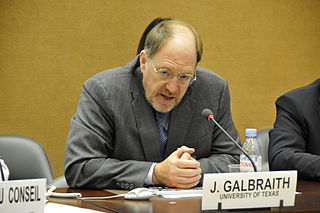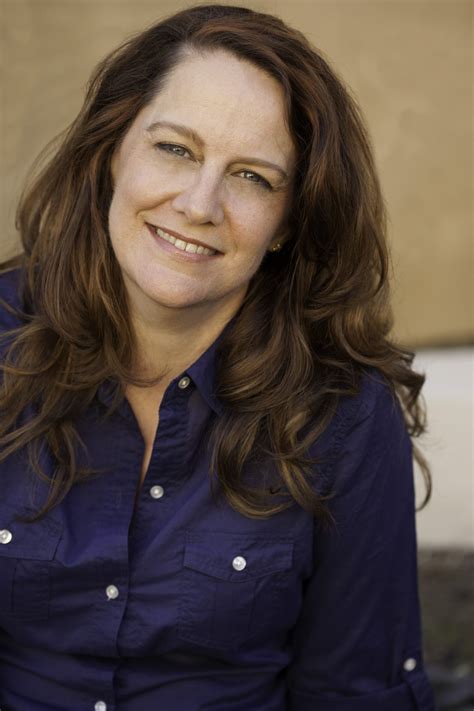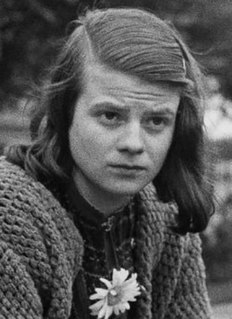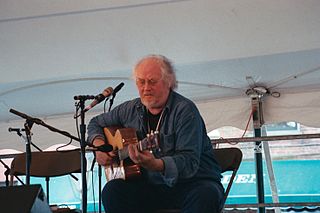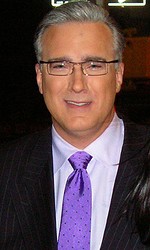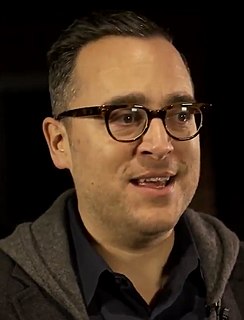Top 135 Dawned Quotes & Sayings - Page 3
Explore popular Dawned quotes.
Last updated on April 15, 2025.
And I saw darkness for weeks. It never dawned on me that I could come out of it, but you heal. Nature heals you, and you do come out of it. All of a sudden I saw a crack of light ... then all of a sudden I saw another crack of light. Then I saw forms in the light. And I recognized that there was no darkness, that in darkness there'll always be light.
I can't resist telling you that when the Vienna Economics Institute celebrated its centennial, many years ago, they invited, as their keynote speaker, my father [John Kenneth Galbraith]. The leading economists of the Austrian school- including von Hayek and von Haberler - returned for the occasion. And so my father took a moment to reflect on the economic triumphs of the Austrian Republic since the war, which, he said, "would not have been possible without the contribution of these men." They nodded - briefly - until it dawned on them what he meant. They'd all left the country in the 1930s.
Coming out of graduation, I didn't immediately know what direction I wanted to do so I decided to just stay as an intern until it really kind of dawned on me and I felt more compelled one way or the other. So I gave it a few years and then after two years it was really clear that deep down I missed being a full time creative artist. Ironically, I started getting clients who were all in the entertainment industry and a lot of them were in comedy!
I started as a drummer, so I sort of took on singing duties by default. I had sung backgrounds and some lead vocals from behind the drums in different bands that I'd been in, and I'd gotten great responses for the songs I would sing. I really started pursuing the possibility of being a lead singer based on the fact that I was working a full-time restaurant job and then playing gigs at night, hauling drums around. One day, it just dawned on me that, 'Hey, I could be in a band and be the singer, and it would be a lot easier!'
Isn't it a riddle . . . and awe-inspiring, that everything is so beautiful? Despite the horror. Lately I've noticed something grand and mysterious peering through my sheer joy in all that is beautiful, a sense of its creator . . . Only man can be truly ugly, because he has the free will to estrange himself from this song of praise. It often seems that he'll manage to drown out this hymn with his cannon thunder, curses and blasphemy. But during this past spring it has dawned upon me that he won't be able to do this. And so I want to try and throw myself on the side of the victor.
Why had we come to the moon? The thing presented itself to me as a perplexing problem. What is this spirit in man that urges him for ever to depart from happiness and security, to toil, to place himself in danger, to risk an even a reasonable certainty of death? It dawned upon me that there in the moon as a thing I ought always to have known, that man is not made to go about safe and comfortable and well fed and amused. ... against his interest, against his happiness, he is constantly being driven to do unreasonable things. Some force not himself impels him, and he must go.
It's always an interesting question of what was it like as Norman Mailer's son because I could easily turn it back and say what's it like not to. I didn't always realize my dad was Norman Mailer. I always knew he was Dad, and then I forget the exact age when it dawned on me that, you know, he is actually someone who affects the public consciousness of the time. It was amazing. I mean he was a rock star and brilliant and kind and funny and generous and scary when he needed to be and, you know, hard as a father.
I wrote 'Turn Your Radio On' in 1937, and it was published in 1938. At this time radio was relatively new to the rural people, especially gospel music programs. I had become alert to the necessity of creating song titles, themes, and plots, and frequently people would call me and say, 'Turn your radio on, Albert, they're singing one of your songs on such-and-such a station.' It finally dawned on me to use their quote, 'Turn your radio on,' as a theme for a religious originated song, and this was the beginning of 'Turn Your Radio On' as we know it.
We may, indeed, say that the hour of death is uncertain, but when we say this we think of that hour as situated in a vague and remote expanse of time; it does not occur to us that it can have any connexion with the day that has already dawned and can mean that death -- or its first assault and partial possession of us, after which it will never leave hold of us again -- may occur this very afternoon, so far from uncertain, this afternoon whose time-table, hour by hour, has been settled in advance.
I was interested in a whole range of music that I used to play, popular music -- particularly American music -- that I heard a lot of when I was a teenager," "I think at a certain point it dawned on me that myself playing this music wasn't very convincing. It was more convincing when we played music that came from our own stock of tradition. ... I certainly feel a lot more comfortable playing so-called Celtic music.
I had to stop linking every single thing that happened to me with Kennedy. Realization dawned then, that he was still my default. Over the past three years, we’d become each other’s habit. And though he’d broken his habit of me when he walked away, I’d not broken my habit of him. I was still tethering him to my present, to my future. The truth was, he now belonged only to my past, and it was time I began to accept it, as much as it hurt to do so.
A few years ago, I had an interest in making things that felt more like "pieces." That was when I was making a lot of stuff that you could call beats, and it dawned on me that I could say much more nuanced, precise things if I tried to make them more composed. It sounds a bit corny, but I do love the idea that something can make you forget that you're listening and just transport you to somewhere else in your head.
Can Ken Starr ignore the apparent breadth of the sympathetic response to the President's speech? Facially, it finally dawned on me that the person Ken Starr has reminded me of facially all this time was Heinrich Himmler, including the glasses. If he now pursues the President of the United States, who, however flawed his apology was, came out and invoked God, family, his daughter, a political conspiracy and everything but the kitchen sink, would not there be some sort of comparison to a persecutor as opposed to a prosecutor for Mr. Starr?
I feel very grateful. I wasn't raised with money. My parents were schoolteachers; I was raised on a small farm. It never dawned on me that I would have a job that someone would pay me to do. Much less a job like this. It would be ridiculous if I had any complaints about it. And look - I've had the opportunity to learn an entirely new set of skills, and I'm bringing them to the work I'm doing now in filmmaking.

